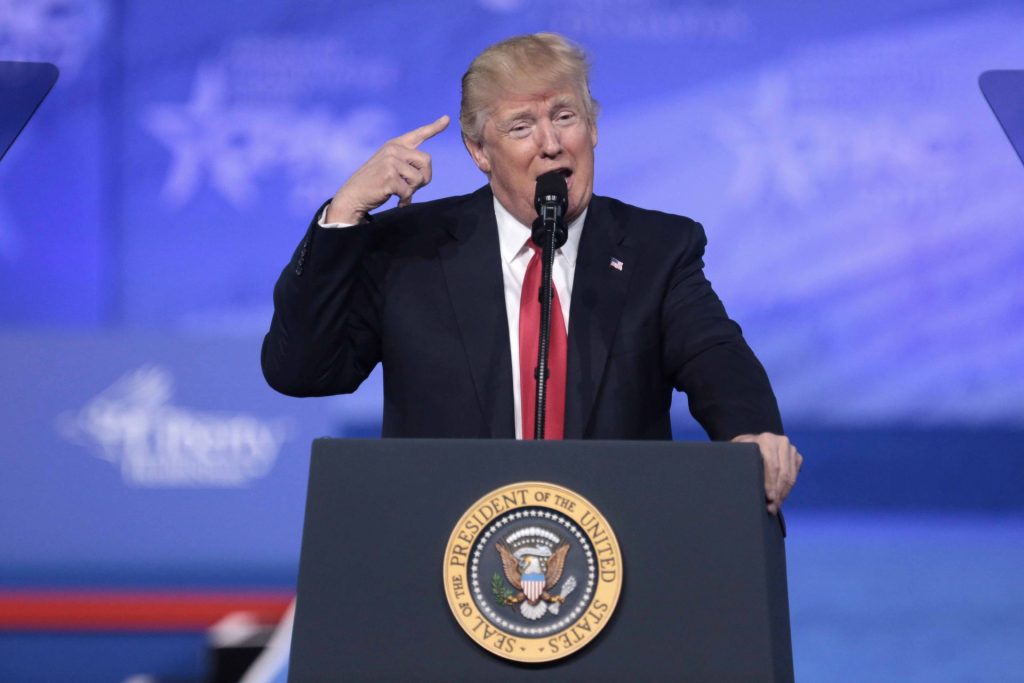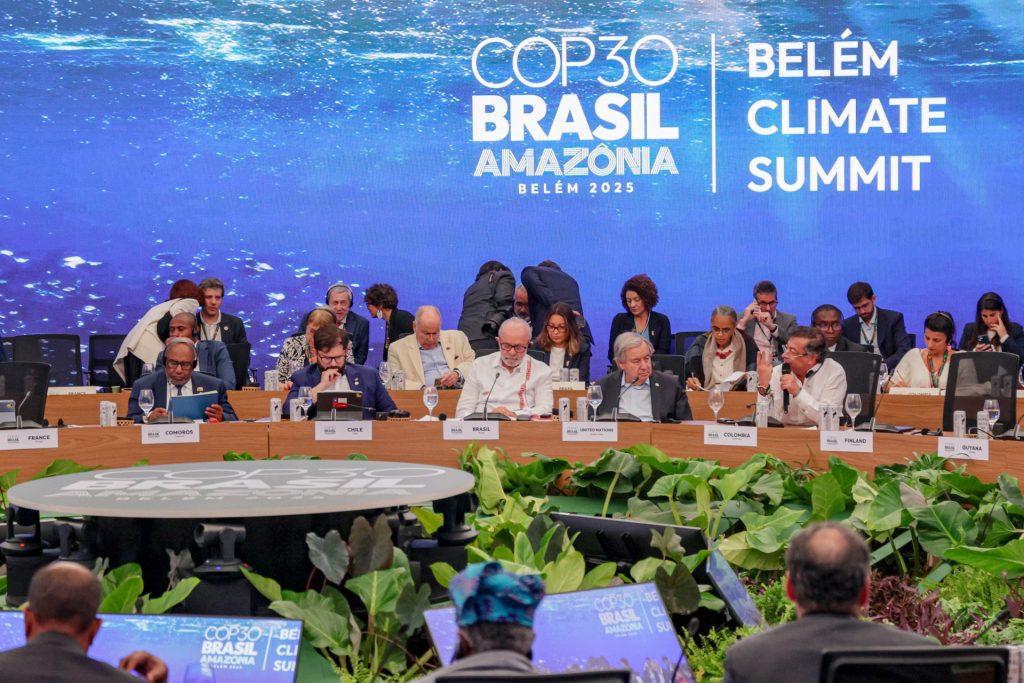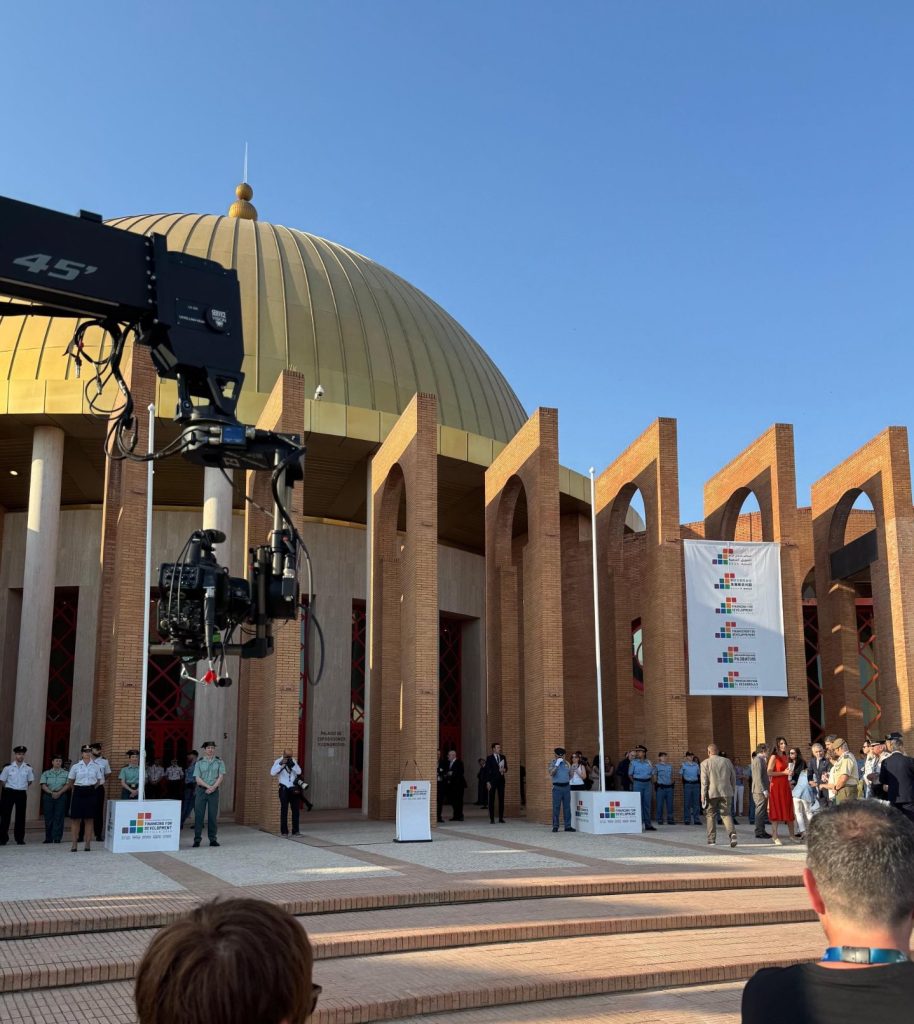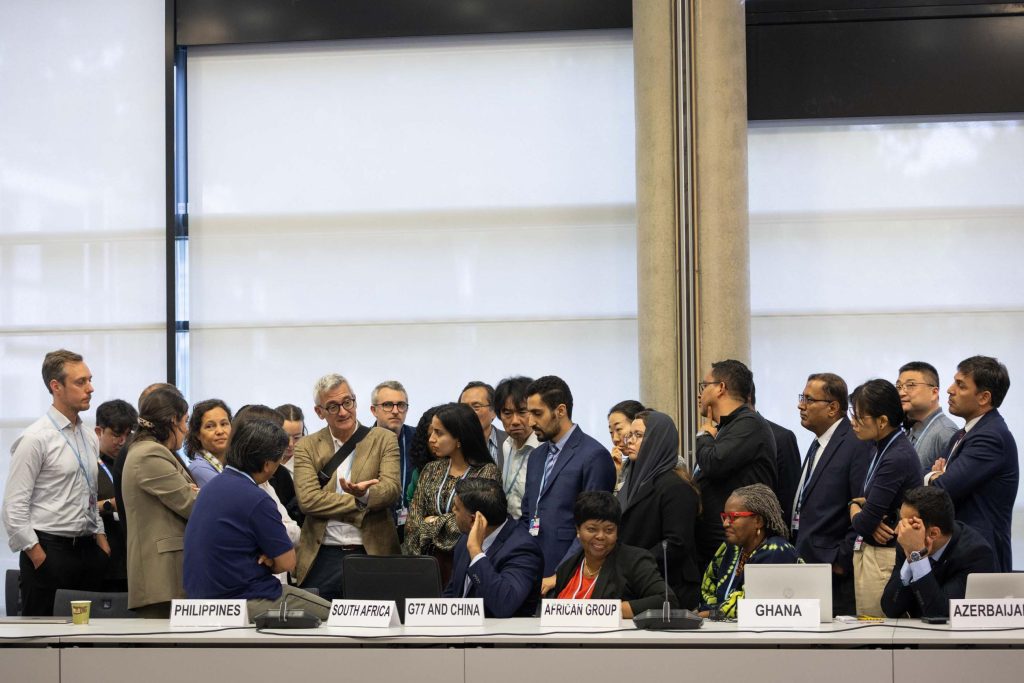Ahead of their annual meetings to be held on 22-25 May 2023, the African Development Bank (AfDB), is looking to leverage the power of Special Drawing Rights (SDRs) from the IMF by having them rechanneled through the bank to African countries. Rechanneling SDRs will not only alleviate debt but will free up fiscal space for African countries to spend on climate change. For this reason, it has been put forward as a possible innovative form of climate finance. SDRs are an international reserve asset created by the IMF and can be thought of as an artificial currency that members of the IMF can exchange for for hard currencies like US dollars. In 2021, the IMF issued $650 billion to boost global liquidity as a result of the pandemic, however only a fraction ($33 billion) went to Africa. The amount of SDRs that get issued is based on IMF shareholdings. This means that wealthy countries, which need SDRs the least, are given more of them, whilst poorer countries tend to get the least.
Commenting on the inequity of developed countries having the majority access to SDRs, AfDB President, Akinwumi Adesina, observed that “they don’t need it.” His view is that the SDRs should rather go through the AfDB, which can use its AAA rating as a financial institution and leverage it to raise four times as much capital. He stated that “if we are able to deliver that, that will, of course, provide more liquidity to the countries, that will reduce the pressure that they have from inflation… It will also help them to deal with some of their balance of payment issues that are becoming very, very difficult.” Addressing debt will then help countries find the fiscal space to spend on climate change.
Speaking at the Reception for African Ambassadors in Japan on 26 May, Adesina confirmed that the bank “has now met the IMF staff criteria of reserve asset statuses required for the SDRs to be rechannelled.” What the bank is looking for now is to have five developed countries that will form a pool to rechannel SDRs for Africa to the AfDB. The UK has positively indicated it could redirect £500 million, and Japan was also considering rechannelling a significant portion of SDRs to the bank. Accumulating this pool of countries is key to getting the proposal off the ground, as progress on this front has been slow. Discussions about rechannelling SDRs have been taking place since mid-2021, however developed countries have taken few concrete steps, rather waiting for the IMF to facilitate a process.
Rechannelling SDRs directly from other countries, in the manner proposed by the AfDB, has the benefit of bypassing the alternative mechanism for SDR rechannelling, namely the Resilience and Sustainability Trust, which was made operational by the IMF late last year. The Trust was designed to financially support low-income and vulnerable middle-income countries in responding to climate change. The Trust is loan based and designed to finance at cheaper rates and with longer maturities. Its resources are from voluntary contributions from IMF members, including those wanting to rechannel their SDRs. The catch though is that it requires borrowers to have existing large scale loans from the IMF, known as Upper Credit Tranche Programmes. A handful of countries, including Rwanda, have elected to put such a programme in place in order to gain access to the Trust, however this is probably neither desirable nor feasible for many African countries who would want to avoid the restructuring and other conditionalities associated with IMF loans. And so whilst on paper the IMF’s Resilience and Sustainability Trust looks appealing, it may not be realistic or pragmatic. If developed countries truly want to make good on addressing debt and climate finance in African countries, they should also commit to rechannelling SDRs bilaterally through the AfDB.
Who gets to do the rechannelling in the region is, however, a contested space. At the AU Summit earlier this year heads of state supported rechannelling through the AfDB. The African Export-Import Bank (Afreximbank), however, is also pushing to be recognised as a possible institution through which SDRs could be rechannelled, leading to reports of sparring between them on who should be the preferred institution.
In addition to SDR rechannelling, African Finance Ministers are also calling on the IMF to address quota imbalances. The current formula led to the imbalance in SDR allocation in 2021, and reduced low and middle income representation. in decision-making. For instance, the continent’s quota is smaller than Germany, despite having a population of 1.4 billion in Africa and only 83 million in Germany. Ministers are instead calling for a quota formula that includes “exposure” or “vulnerability”. The 2023 IMF quota review offers an opportunity to address these imbalances and revisit how the formula is derived. Last month, the Intergovernmental Group of Twenty-Four on International Monetary Affairs and Development (G24) also called on the IMF to create a third chair for Sub-Saharan Africa on the IMF Executive Board to improve the representation of the region.
Whilst not much traction was achieved on these issues during the IMF’s spring meetings last month, it is anticipated to be a key focus of the Summit for a New Financing Pact in June 2023 to be hosted by President Macron in France and undoubtedly will feature at the AfDB’s annual meetings at the end of May.





